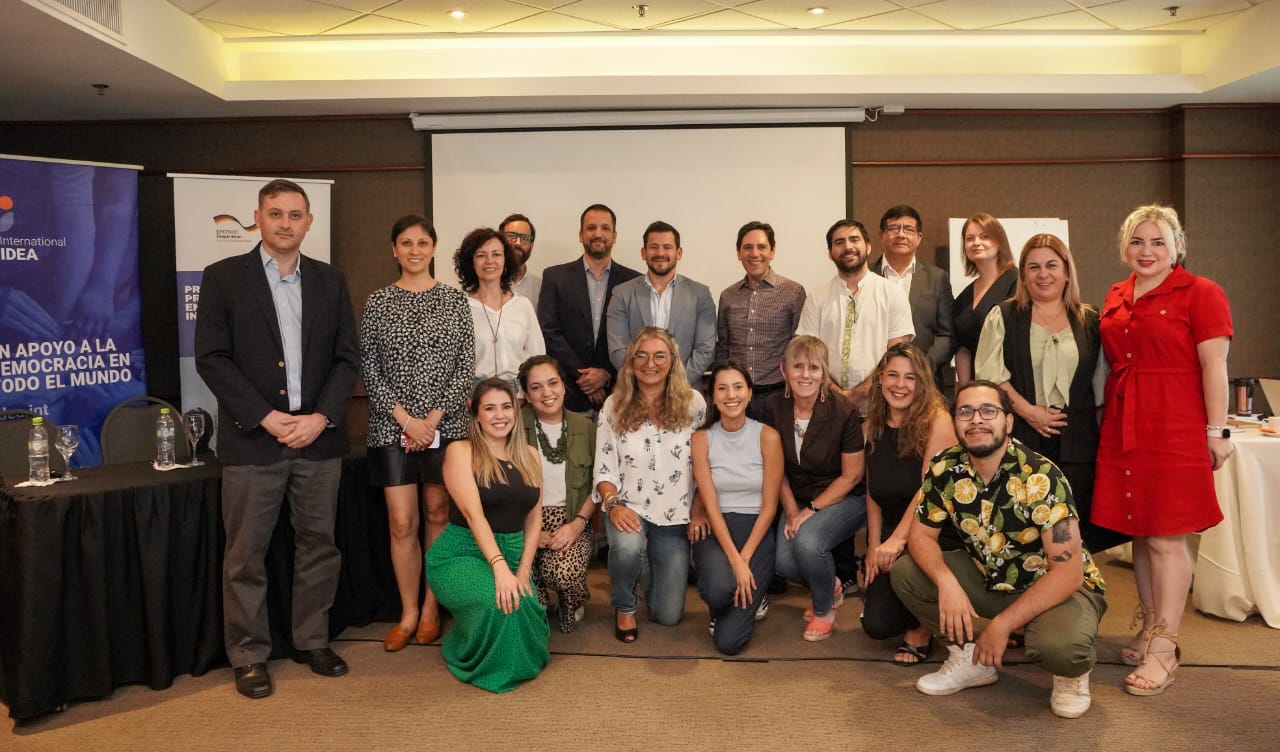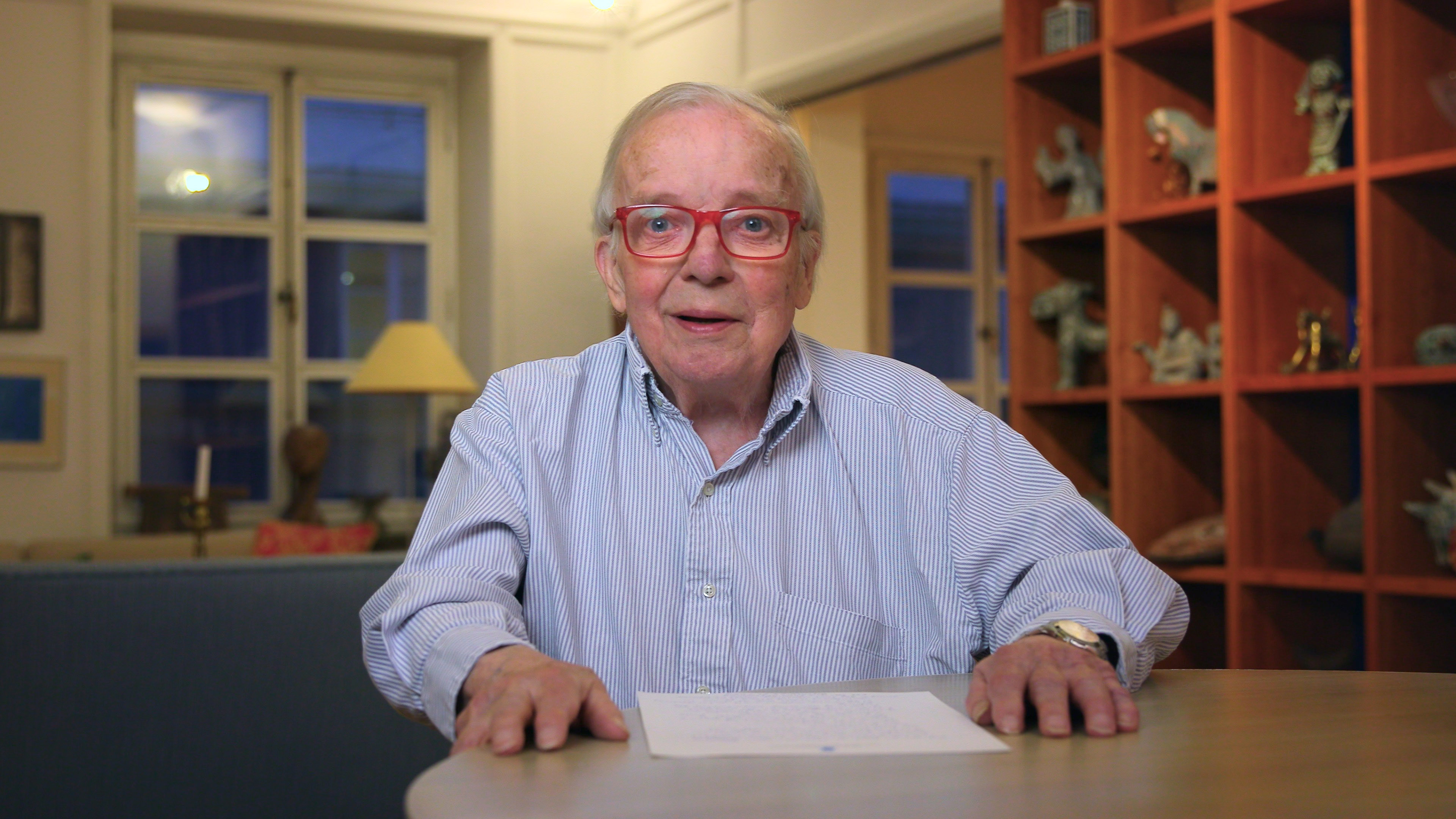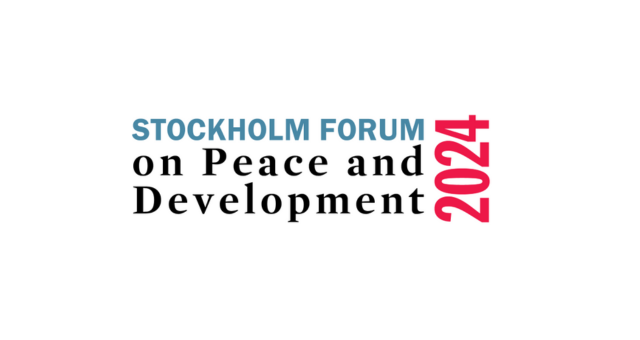Public monitoring of electoral technologies in Mongolia
Ulaanbaatar, or the “Red Hero” as it means in Mongolian, was the last stop for International IDEA’s Election Tech Tour of Asia 2016. Mongolia, which joined International IDEA in 2011, took the chairship only five years later, thus affirming its commitment to supporting sustainable democracy worldwide. One of its missions as chair is to share knowledge and experiences on the use of technology in elections. Indeed, Mongolia has since the 2012 Parliamentary elections implemented electronic systems for candidate registration, biometric voter registration and vote counting and result transmission.
In the case of parliamentary elections, Mongolia’s Candidate Registration System enables the district-level election committee to send candidate information through a web-based application to the General Election Commission (GEC) headquarters. A virtual private network was set up to enable the transmission of data to the central server. Once the registration is verified and complete, the district-level committee prints out a sample ballot using a specially developed application for review. The committee then signs off the final version and sends an image of the ballot to headquarters for printing and configuration of the Precinct Count Optical Scan (PCOS) machines. The system thus enables decentralisation of ballot design.
The voter verification system, managed by the Civil Registry Office, is fingerprint-based and intended to prevent voter impersonation. At polling stations, voters are verified by placing one of their fingers onto the scanner. The voter’s picture will be shown on the projected screen for observers and party agents to scrutinise. In the event the fingerprints are not recognisable, the voter may still vote by showing their national identification card as long as they are already registered at that polling station. The voter's picture will be shown on the screen once the identification card has been matched with the voter database. Showing the voter’s picture on screen is useful in raising confidence from the political parties and election observers.
 © Adhy Aman | International IDEA
© Adhy Aman | International IDEA
The PCOS machines allow ballots to be counted faster and for the results to be transmitted more quickly. Voters mark their choices by shading the provided ovals using a black permanent marker. The scanning machines only require 25 per centpe cent of the oval to be shaded, thus lowering the possibility of unreadable votes. The machines automatically tally the votes once voting is closed. When the results are printed and signed by polling officers and observers, the results are transmitted via a mobile network. This is true in 85pe cent of polling stations where network connectivity is available. For the rest, the sealed machines will need to be transported to the nearest mobile networks, which can take up to two days for some. The transmission is encrypted to ensure security. Moreover, random manual counts are conducted in 50pe cent of polling stations to check the accuracy of the machines, and hence, the election results, too.
As an added feature to boost confidence of political parties in the election results, images of every ballot are saved on memory cards and made available to political parties. This is interesting because parties can then check by themselves the accuracy of the machine count, thus providing greater transparency. While this system is accepted in Mongolia, it may be controversial in other countries where vote buying by marking the ballot with certain codes is an issue and the ballot images can serve as proof that the voter has “delivered the goods”.
All of these technologies are good at solving problems of slow vote recapitulation and potential manipulation of results. However, trust and confidence of voters and political parties needs to be ensured. The technological solutions employed need to be monitored by the public as well as by political parties. As with any technology being used in elections, a number of tests take place in the pre-electoral period. In Mongolia, civil society organisations and political parties participate in those tests. Like other measures, this is intended to promote trust and confidence in the PCOS machines and the transmission system. However, not many participated and some parties do not seem interested. At the same time, some voice suspicions of the technologies used, presumably with inadequate understanding of the technologies to begin with.
During the roundtable discussion held on 28 September as part of International IDEA’ Tech Tour of Asia, GEC Chairman Ch. Sodnomtseren talked about the importance of civil society and voter education for successful elections. He also added that GEC collaboration with civil society and political parties who observe the electoral process “are always considered as an essential part of successful democratic elections”. In turn, political parties and civil society organisations alike expressed their hopes that the GEC provides more opportunities for dialogue and discussion between itself and stakeholders concerned with electoral issues. As in other countries, such interactions can focus debates on key issues instead of being marred by misunderstandings and false allegations. This was evident from our experience during stops in Jakarta and Manila the week before. Civil society organisationss, in particular, were well aware of the technologies used or considered for use by the respective electoral management bodies (EMBs). Consequently, they were able to ask specific questions and enter into deep, sometimes technical, conversations with the EMBs. Criticism is to be expected in a democracy, but many policy makers are uncomfortable with criticism and still need to get used to it. With better understanding and sufficient information sharing, criticism can be constructive and beneficial towards improving the electoral process. Let us hope more deliberations take place in Mongolia under the auspices of the GEC. As per its mandate, International IDEA supports the promotion of such national dialogue.




